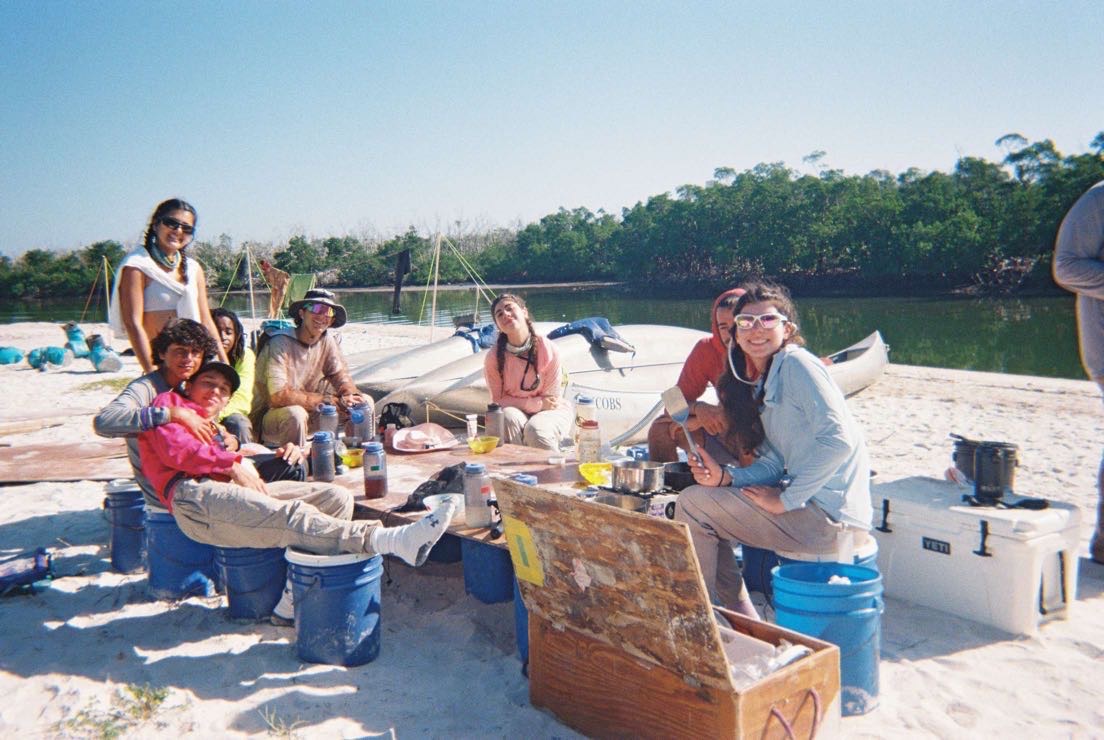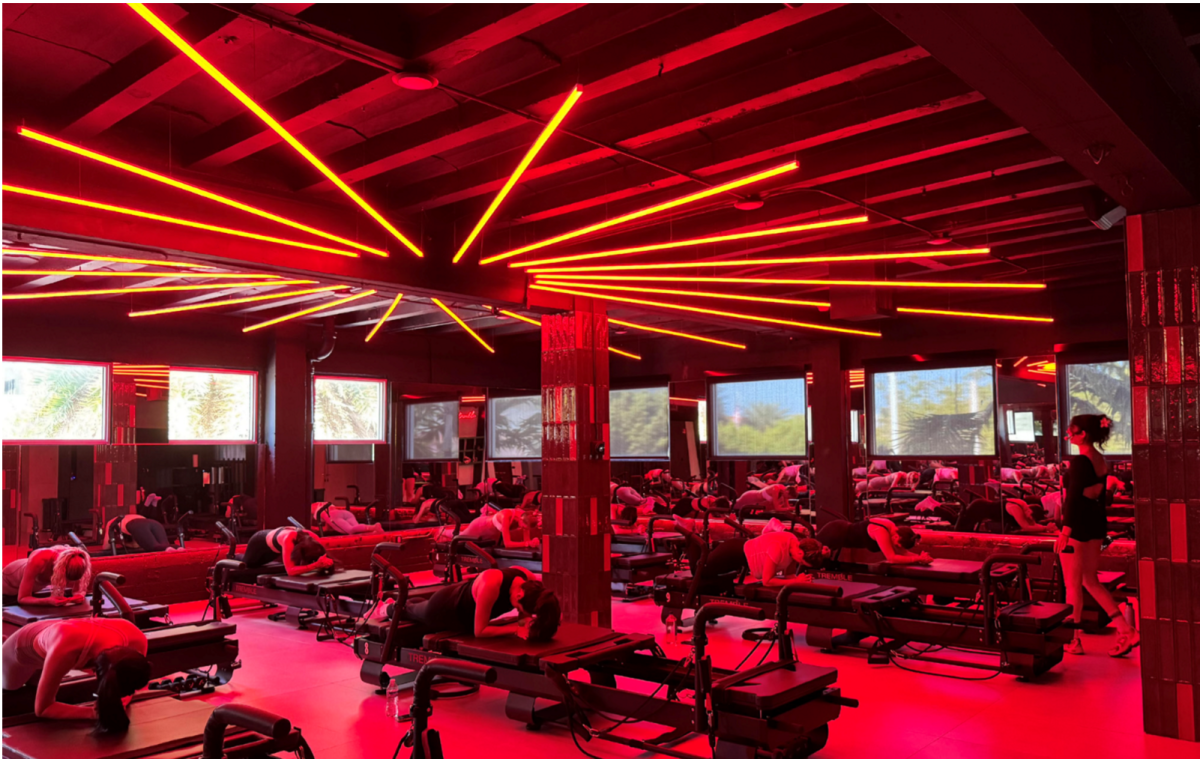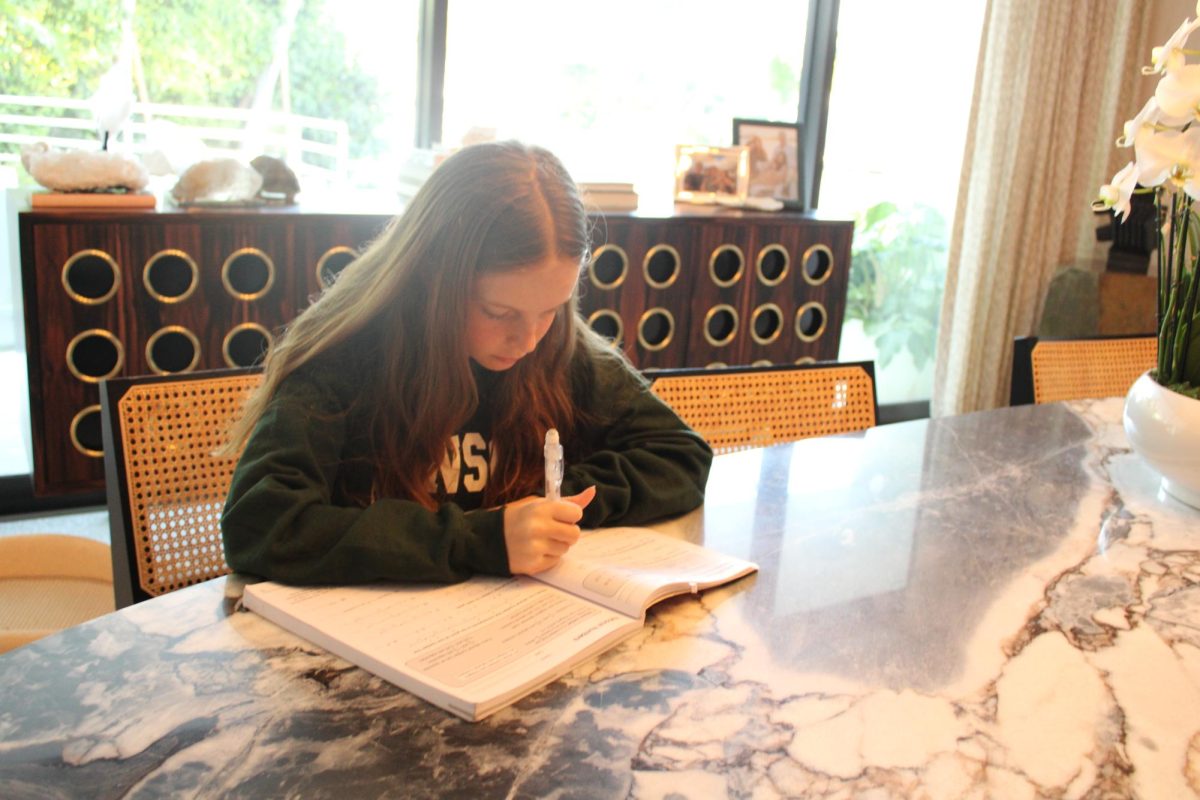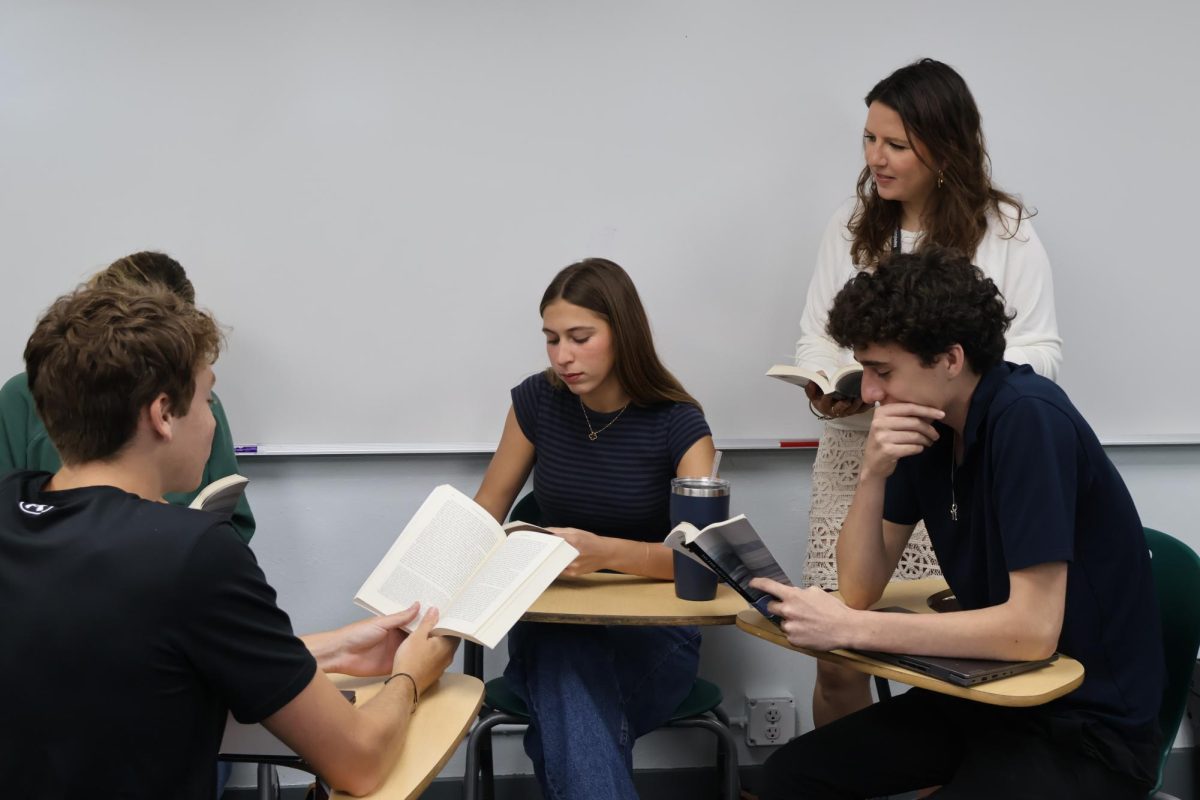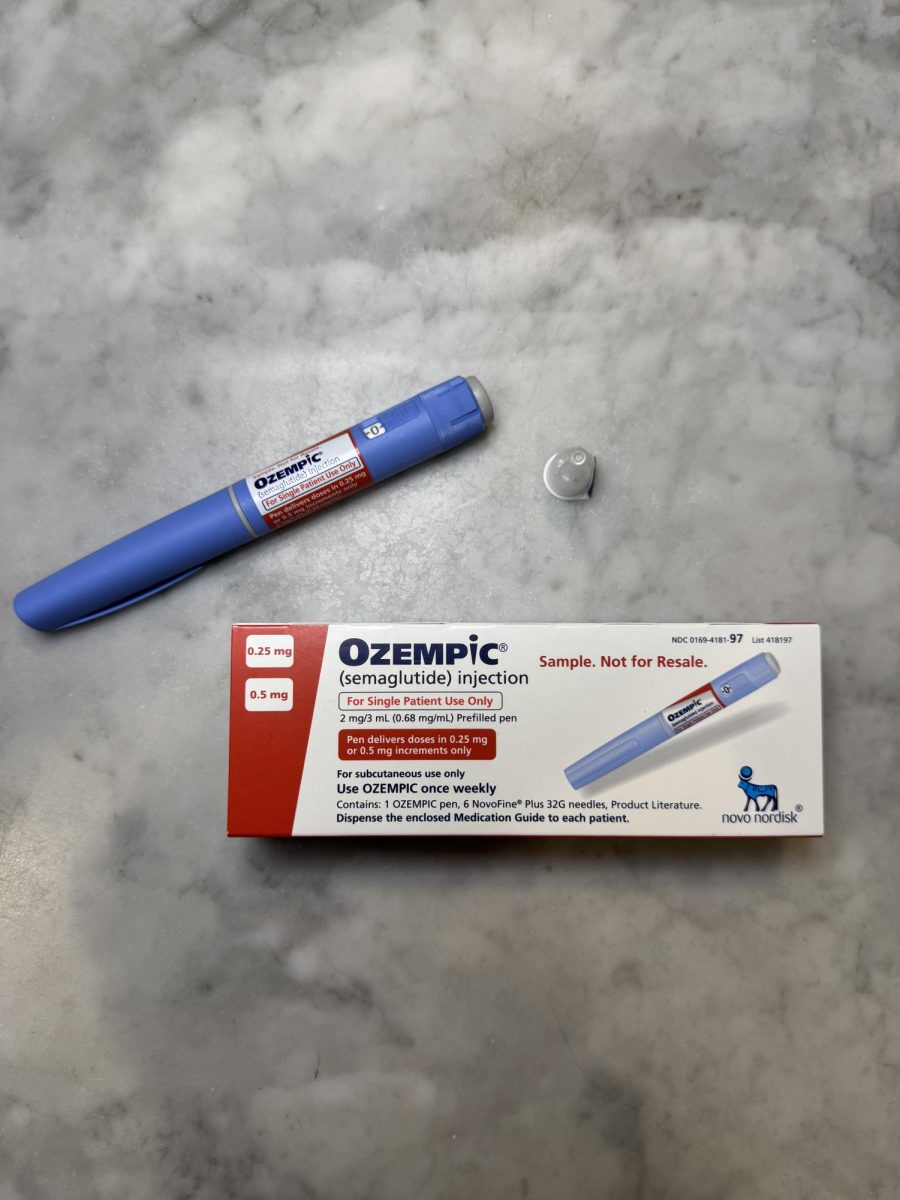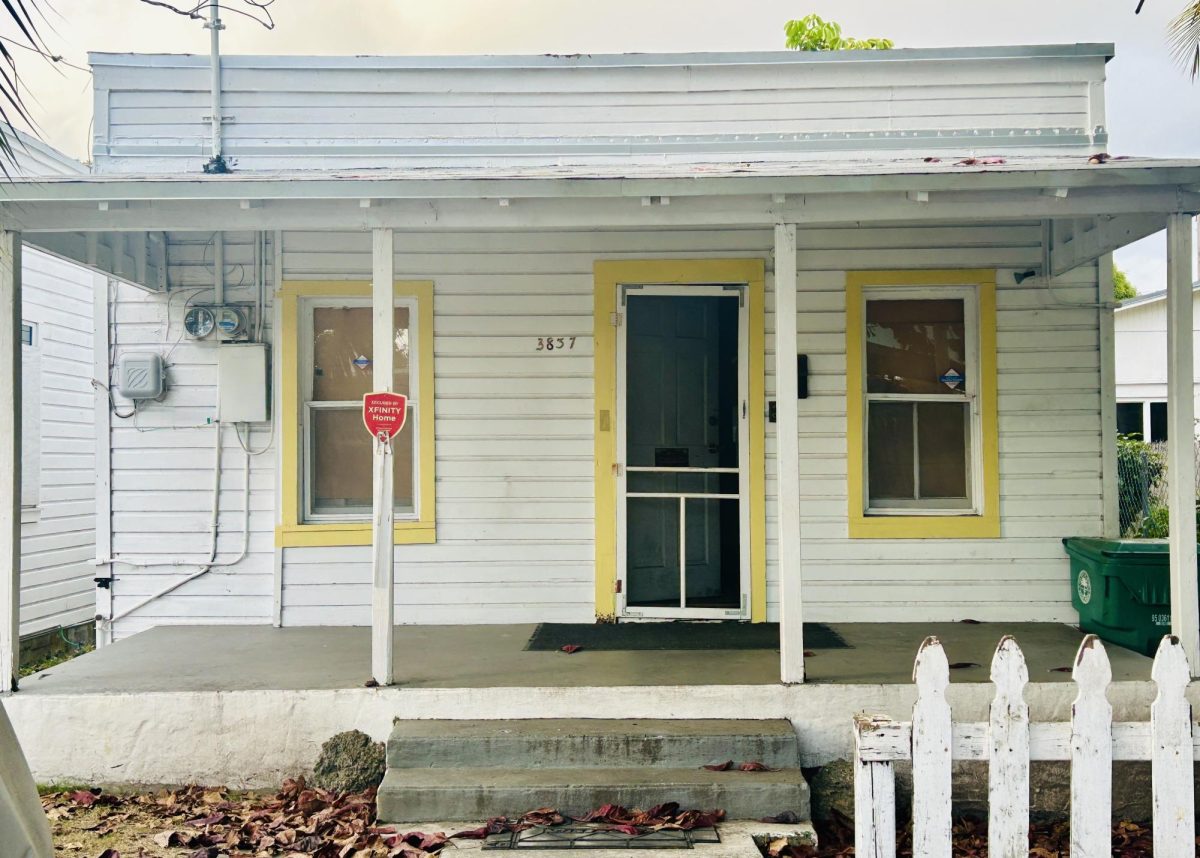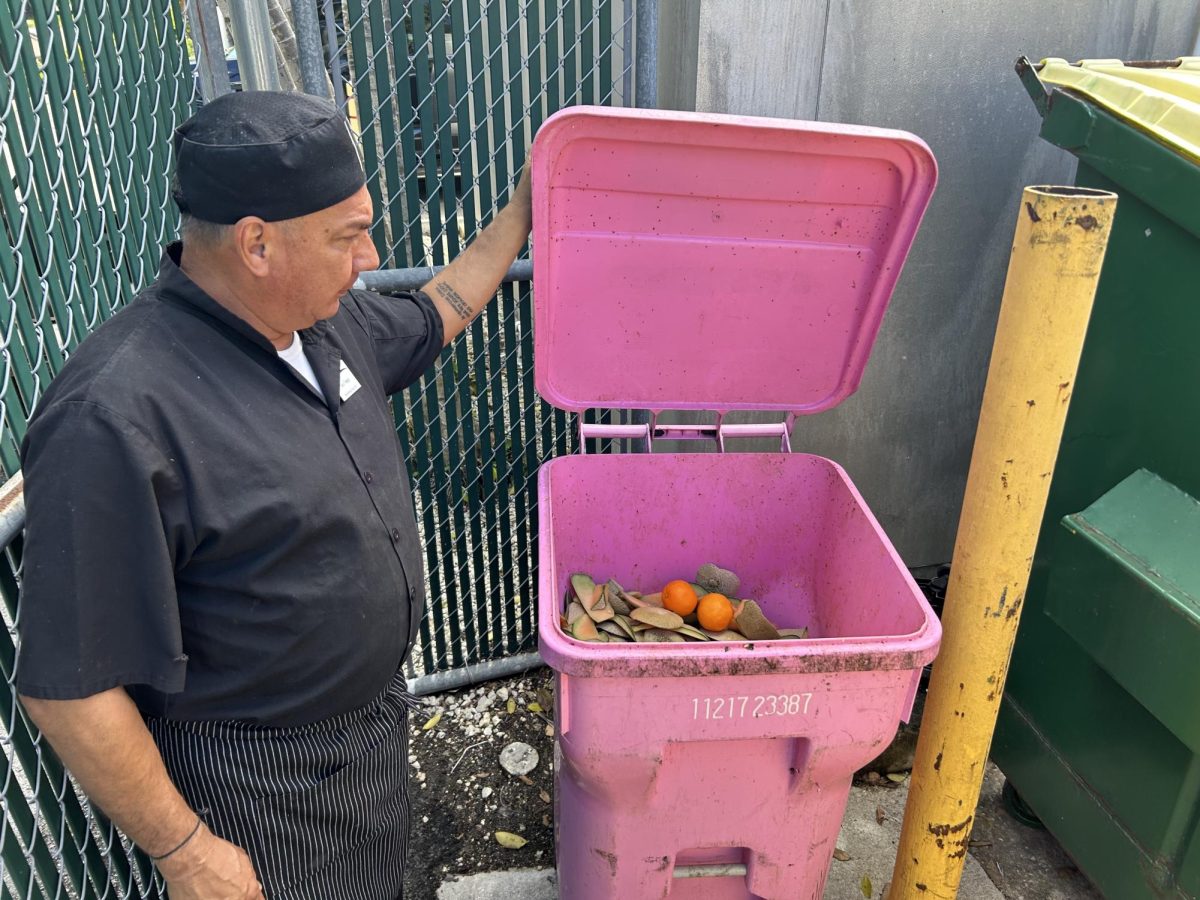Even with all the years of anticipation and advice from past participants, can anything truly prepare ninth graders for Outward Bound? At the beginning of each calendar year, the freshman class embarks on a four-day journey through the Everglades. They spend the week canoeing through mangroves and camping on small islands. This year, the freshmen went in four waves: three in January and one in February during the winter break. To what extent did reality meet their expectations? I had a chance to speak with three freshmen before and after their journeys.
BEFORE
“Trauma bonding,” says freshman Bella Ranawat ’26 as she is anticipating her Outward Bound trip. She expects her experience to be a manageable mixture of trauma in the Everglades and bonding with classmates.
Ranawat leaves on the last wave, which gives her the advantage of collecting advice from classmates. In the days before, she says she believes her best way to prepare for the trip is to control what she can: her packing list. Her multi-page packing list of recommended items ranges from an inflatable pillow, body wipes to act as a shower, and “clothes overdosed in bug spray.” Her friends tell her to spray her clothes the night before the departure date until they were “soaking wet” with mosquito repellent. By the morning, the clothes will be dry—a perfect armor for the journey ahead.
Bug spray is an essential item that other freshmen recommend bringing. Students seem traumatized after seeing their classmates return with limbs attacked by mosquitoes. Mateo Sauceda ’26 says he plans to bring “a lot of mosquito repellent,” as he expects his trip to consist of “uncomfortable sleeping and lots of bug bites.”
Ella Crowley ’26 also shares the concern about sleeping arrangements. She fears having to “board up” all four nights. “Boarding up” is a canoeing term for a practice in which several canoes are tied together, and a wooden board is placed above them to act as a surface to sleep on. Students dread boarding up because of the overcrowded and uncomfortable sleeping arrangement. In the last wave, Crowley’s friends were in a group that boarded up all four nights. Crowley claims if she’s in that group, “I might just jump off the canoe and I’ll be in the Everglades for a year. The freshman will come next year and find me!”
The list of fears continues, especially the lack of privacy in the Everglades. “Everybody sees everyone’s everything,” says Ranawat. She has accepted the possibility, however, that this close proximity might be “truly bonding in every way possible.”
The freshmen have also noticed, however, that the unexpected friendships that arise from Outward Bound somehow cause the gross conditions to be forgotten. In fact, those conditions might be what tighten these bonds. Ranawat says she can’t wait to “get to another level with people.” After seeing videos from her friends, Ella wants to “try and make those special memories”—unless, of course, she gets stuck boarding up on the canoe for four nights.
At some point, all three freshmen have decided that having a forced optimistic mindset is the best way to survive after hearing horror stories. Sauceda tells himself to stay positive, “especially in the Everglades for five days.” Crowley says her best option is to “try and enjoy it, because if not, it’s going to suck.”
With their expectations locked in, the freshmen leave for their trip. Ranawat’s clothes are drenched in mosquito repellent, and Crowley is busy praying she doesn’t board up all four nights.
AFTER
The freshmen return with stories of classmates hallucinating and frightening wrist-watch tans. Although there were some regrets and malfunctions, they’re able to recount their journeys with amusement.

The biggest regrets concern packing. Sauceda wishes he had brought more mosquito repellent, while Crowley wishes she “packed more shirts in plastic bags to be more organized.”
Ranawat feels like she overpacked, because “when you’re there you don’t use anything, you could survive in your same clothes the whole time because you’re going to be disgusting no matter what.” But she appreciates the mosquito-repellent-soaked clothing advice she got from her friends: she barely got bitten, and she recommends this tip to future freshmen.
The most surprising thing to hear from Crowley is that boarding up “ended up being better than I expected.” Crowley boarded up for two nights and was only affected by mosquitoes. Ranawat even said she “liked boarding up more” because you “weren’t sleeping on the sand” while pitching a tent on the beach.
In hindsight, Ranawat realizes her trip “was so fun” even though “there were times when I was going to jump off my canoe and swim home.”
As for Sauceda, he finds himself reflecting on a special memory he will never forget: “a group of dolphins [that] was two feet away from our boat.”
“Everything that happened was unexpected, but it ended up being good,” says Crowley. “It works.”


